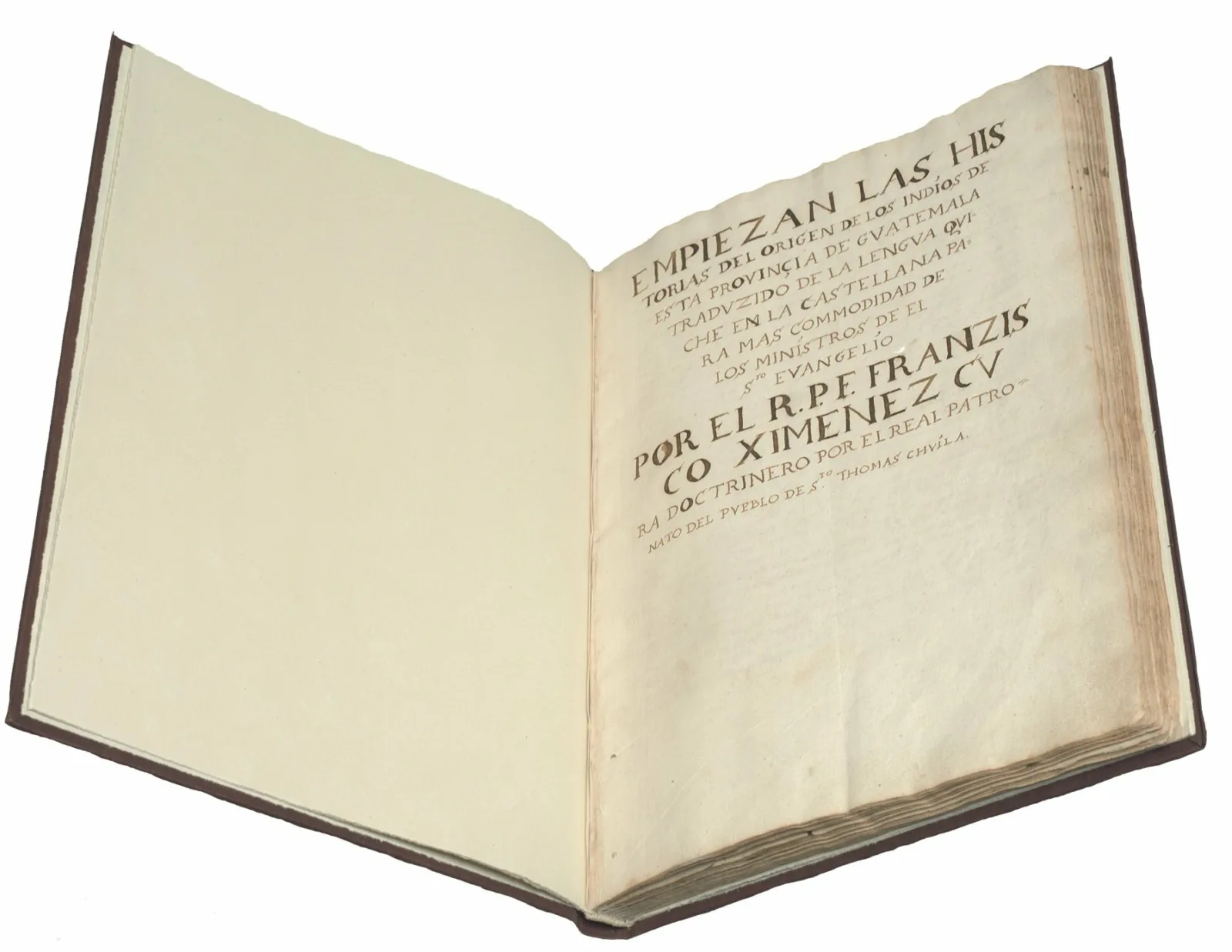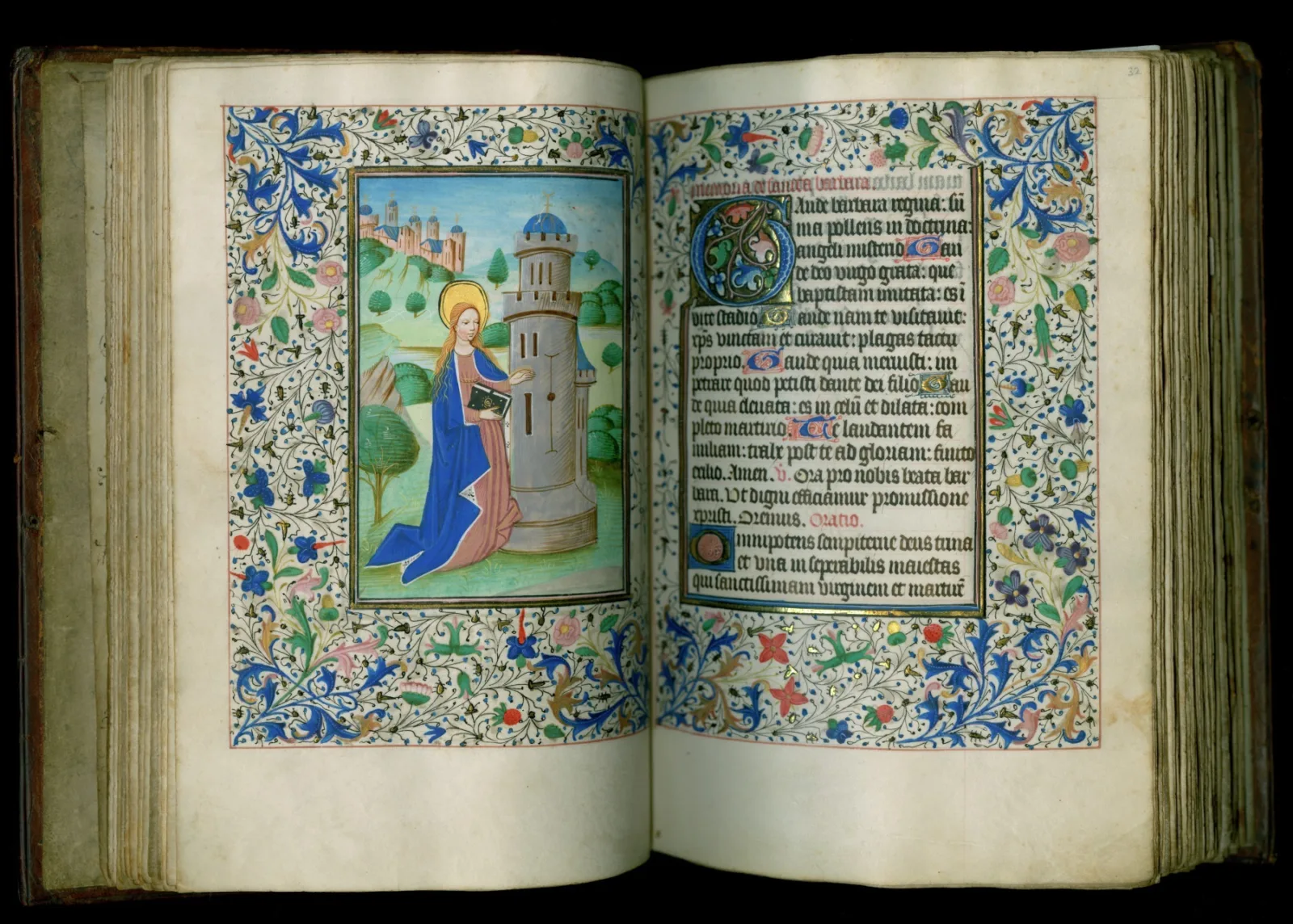Every year, researchers request thousands of items from the Newberry collection. These are the five items that were requested the most in 2022.
#5. America, being the latest, and most accurate description of the New World. John Ogilby, 1671
Cartographer John Ogilby’s “accurate description” doesn’t exactly live up to the claims it makes for itself. Drawing extensively from other sources (notably, Arnoldus Montanus's "De Nieuwe en onbekende weereld: of beschryving van American en 't zuid-land"), the book reproduces many errors about the Indigenous peoples, plants, and animals of the Americas. As a vestige of its time, it represents a stage in Europe’s evolving knowledge about the “New World.”
Catalog record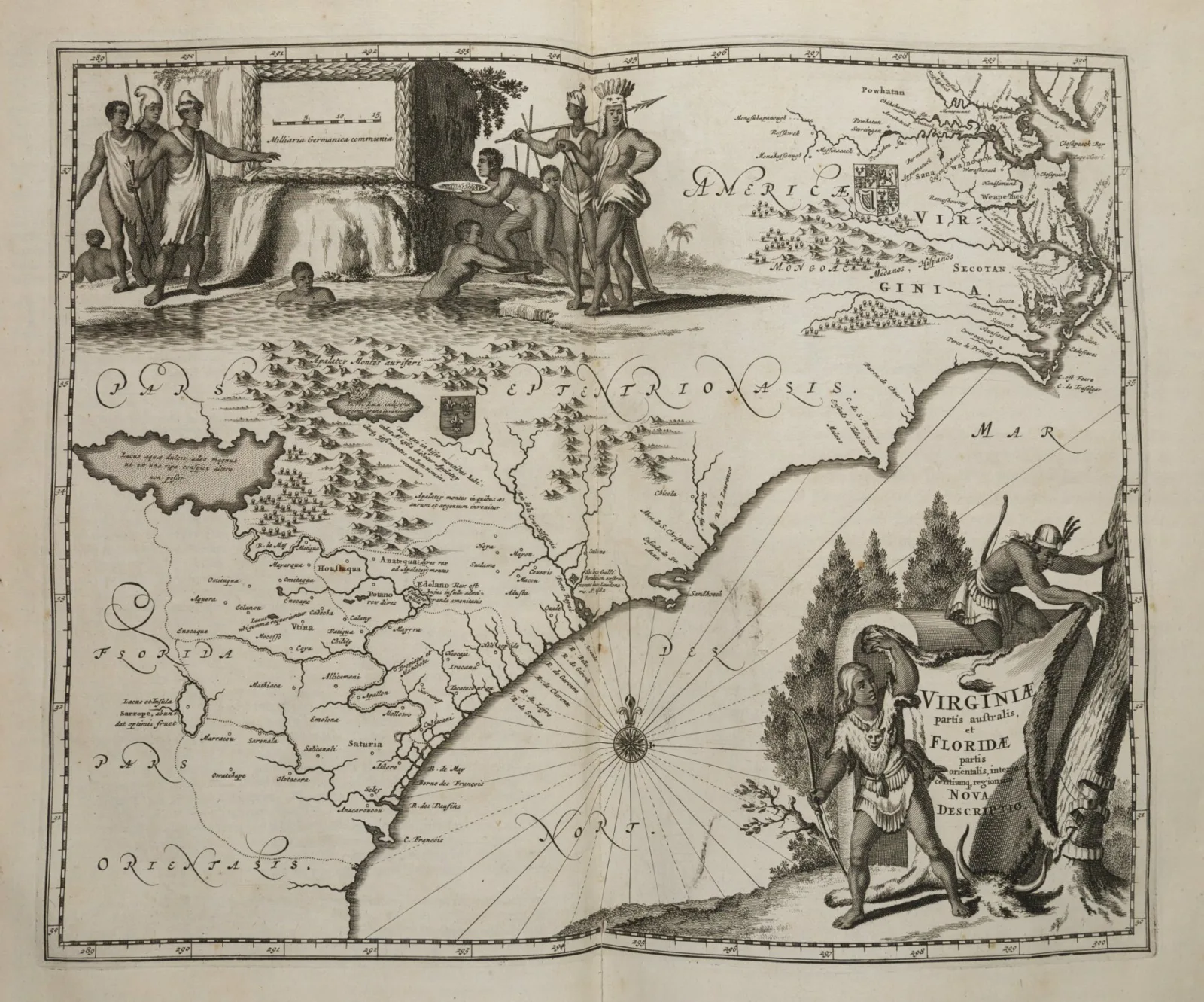
#4. Book of hours, use of Rouen, ca. 1470
This book of hours (with prayers to be consulted at different hours of the day) contains some pretty fantastic imaginary hybrid creatures in the margins of its beautifully illuminated pages.
Catalog record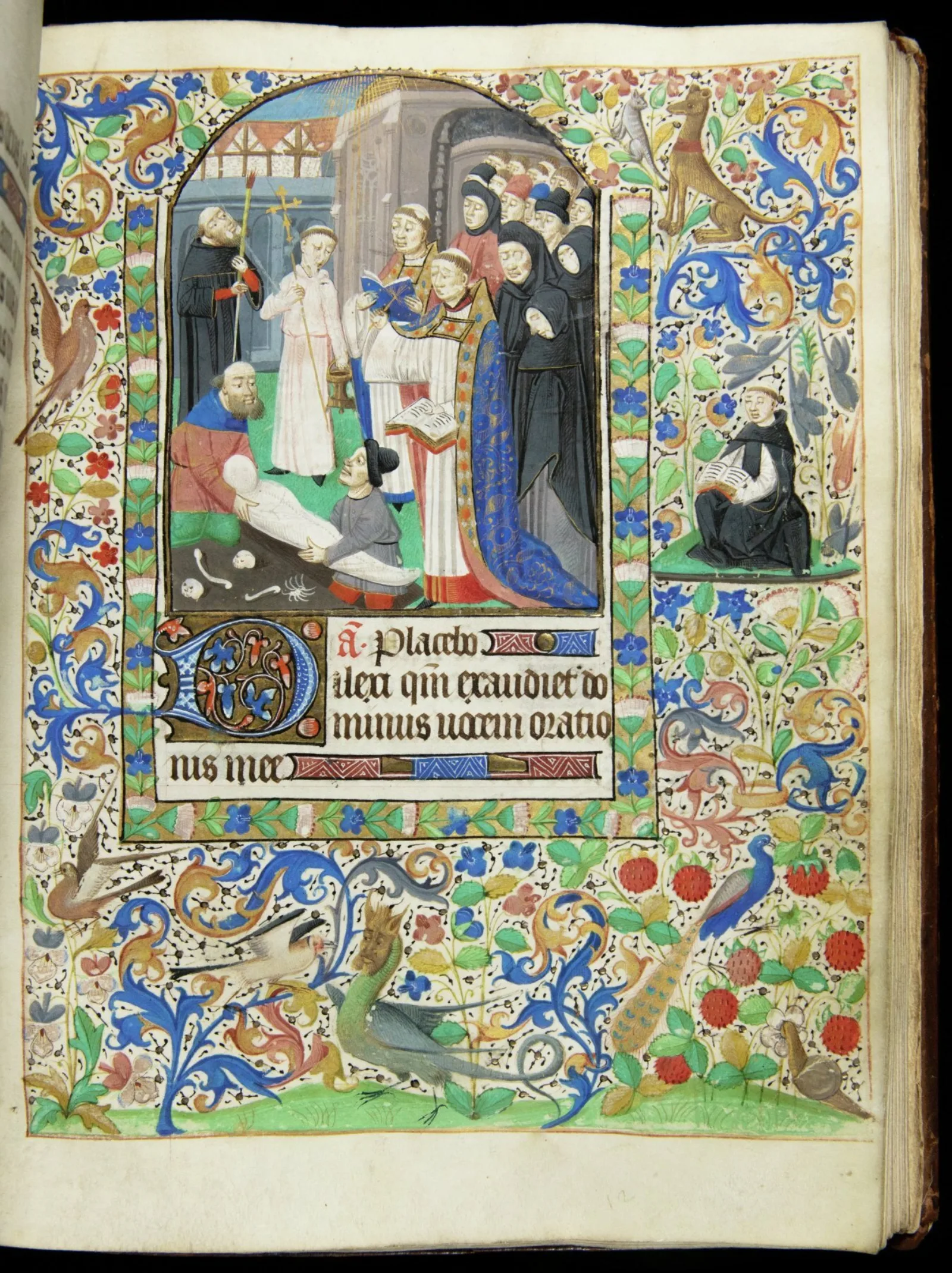
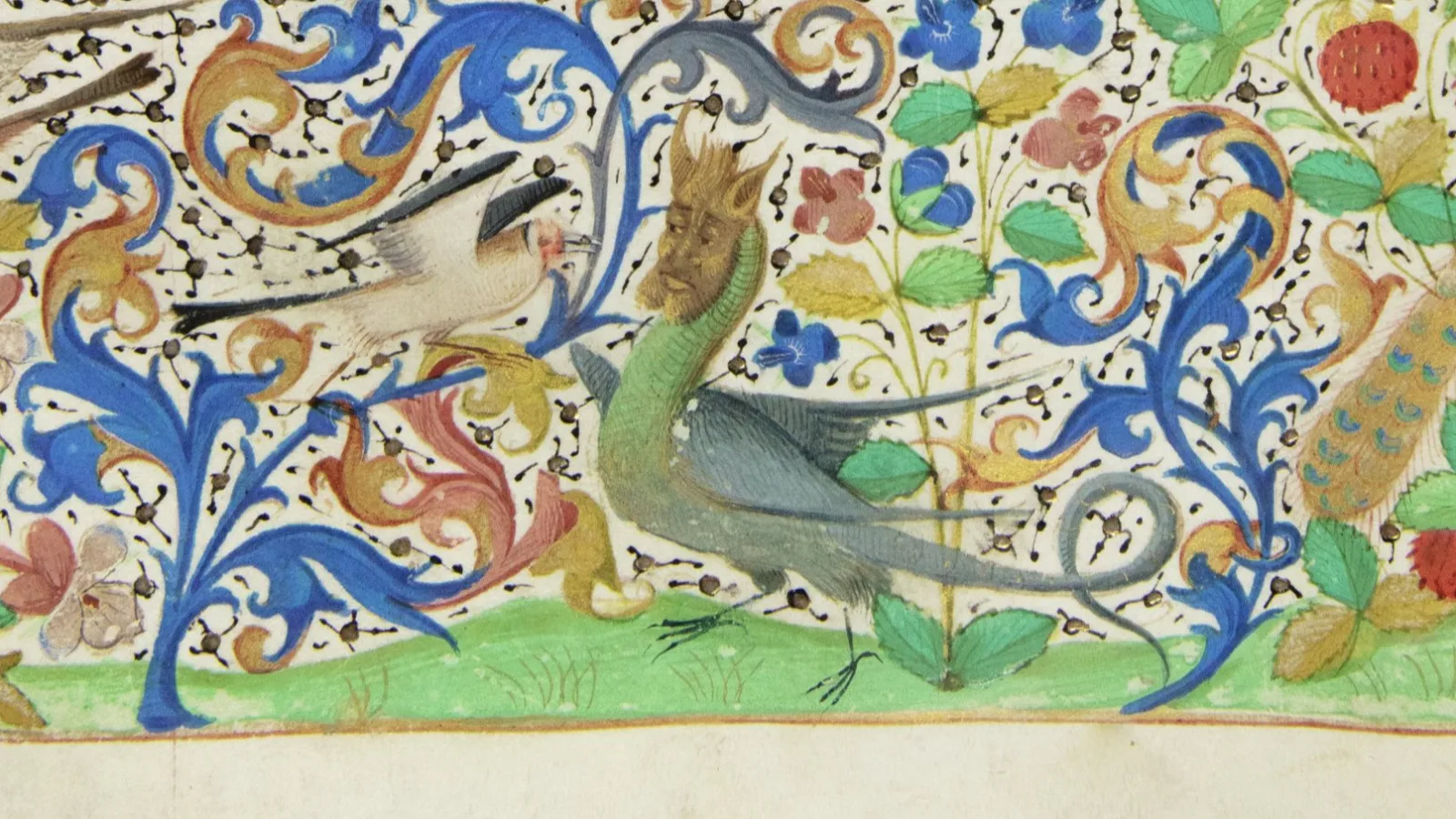
#3. Book of hours, use of Salisbury, ca. 1455
This prayer book was owned by one Thomas Mildmay during the reign of Henry VIII—a, shall we say, turbulent time for Christianity in England.
Catalog record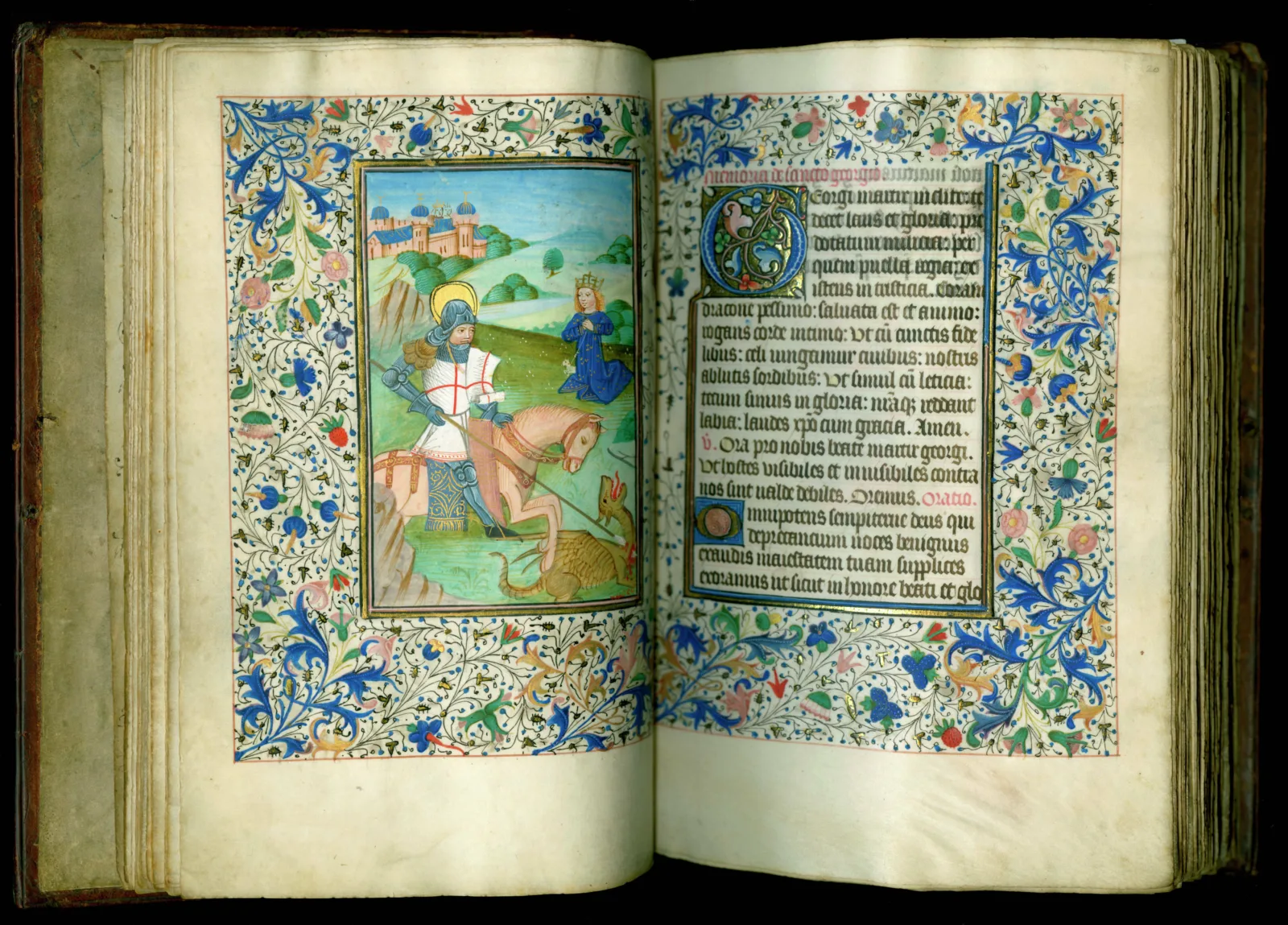
#2. Shakespeare First Folio, 1623
Printed posthumously in 1623, the so-called Shakespeare First Folio is the first published collection of Shakespeare’s works. Without it, several plays—including Macbeth and The Tempest—might have been lost forever. The Newberry’s copy of the First Folio (to our knowledge) is the only one you’ll find in Chicago.
Catalog record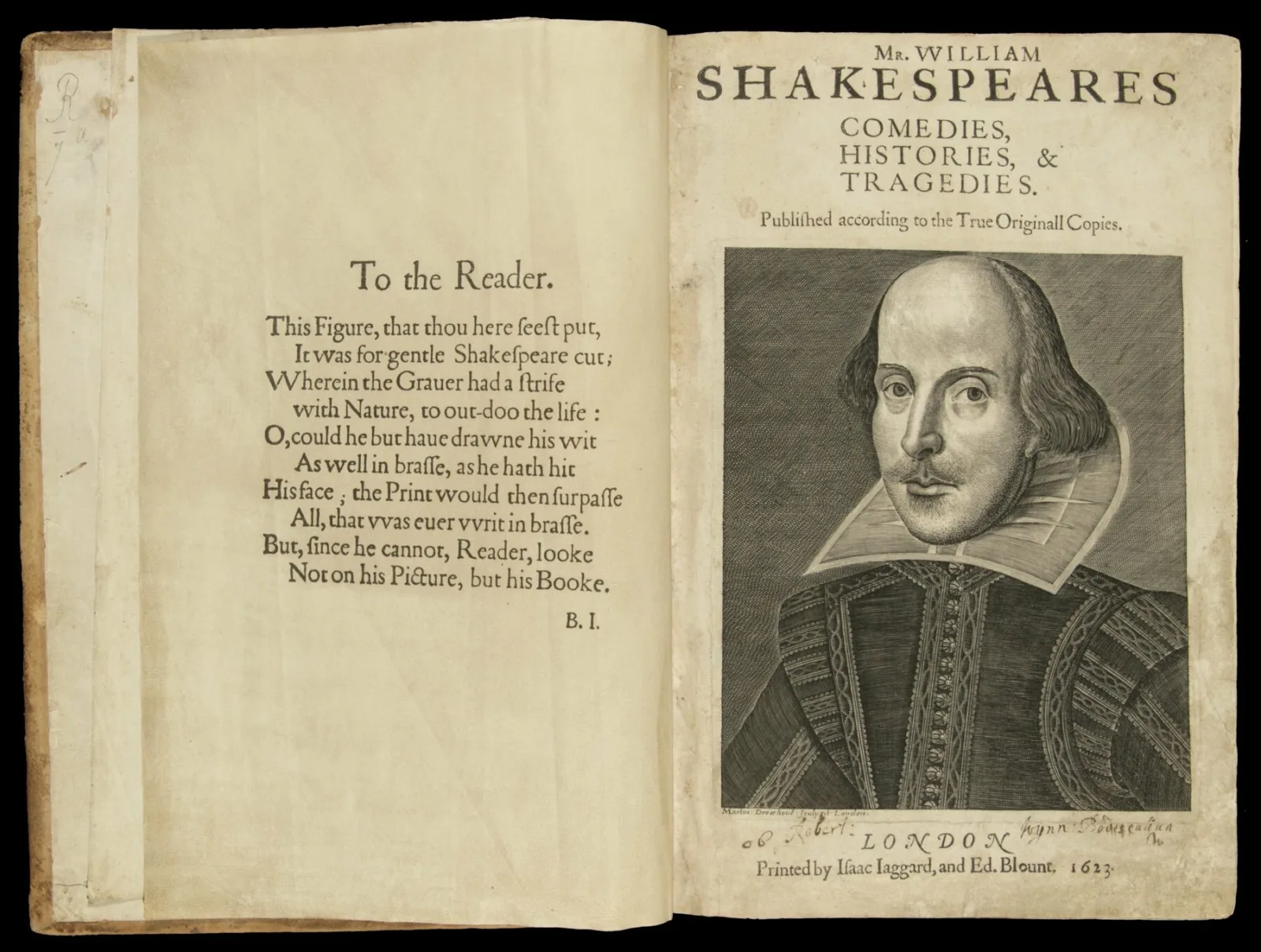
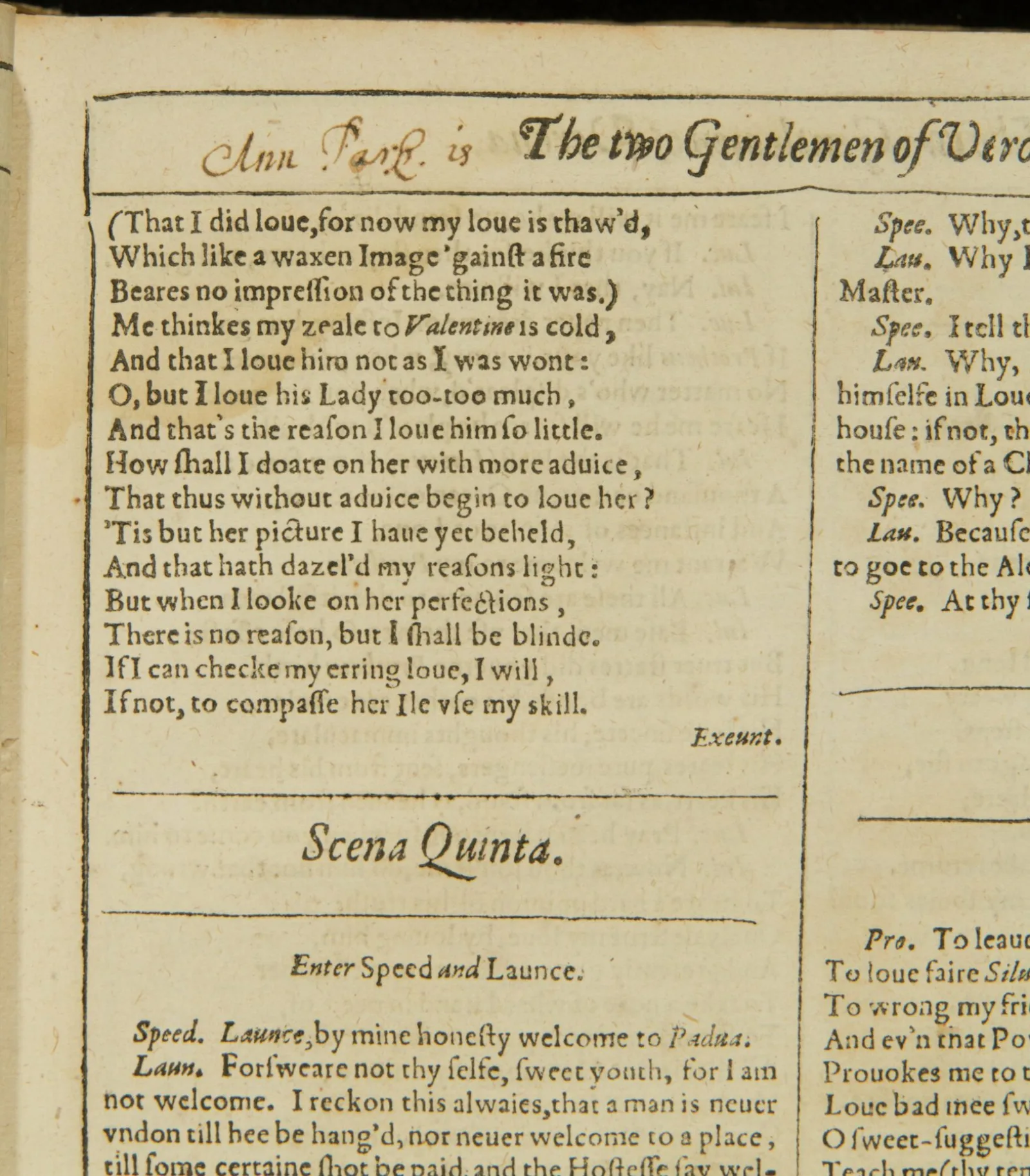
#1. Copy of the Popol Vuh, 1700 - 1715
The Popol Vuh is the creation account of the Mayan people. The text weaves together stories about cosmologies, origins, traditions, and spiritual history. (“Popol” can be translated as “woven mat” and “Vuh” [or “Vuj”] as “book.”)
The Newberry’s copy of the Popol Vuh was transcribed between 1700 and 1715 by a Dominican priest named Francisco Ximénez. Some scholars believe that Ximénez’s copy was derived from an earlier version, probably prepared in the 16th century by a native speaker who’d learned Latin characters.
Catalog record